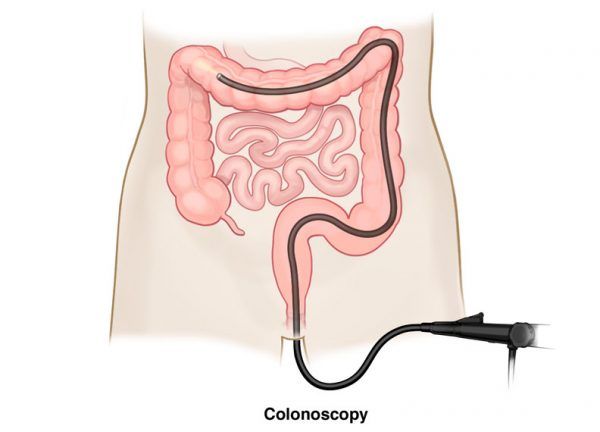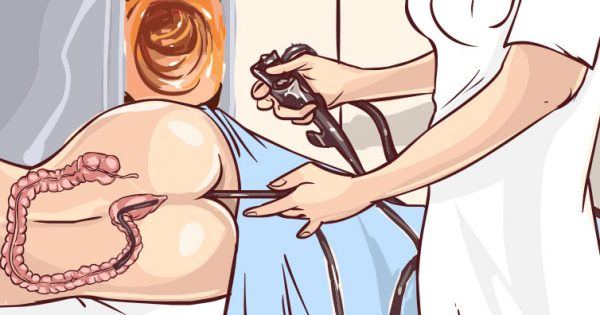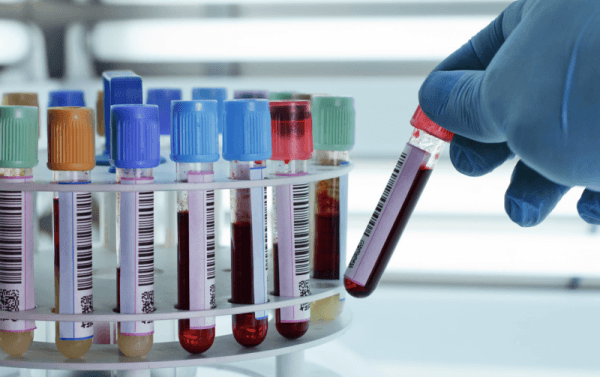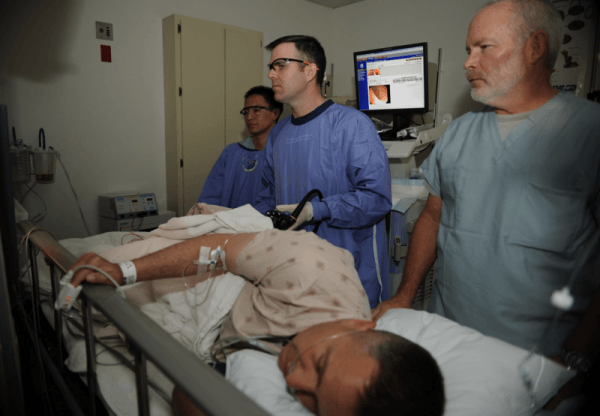The Centers for Disease Control and Prevention (CDC) just revealed that colon cancer is the second leading cause of death in the United States. Experts estimate that over 50,000 people will die of colon cancer this year, and if you are suffering from any symptoms of colon cancer, you need to go see your doctor right away.
Though a colonoscopy is the most common way to check for colon cancer, the U.S. Preventive Task Force has recommended that people who are not at high risk for the disease not begin getting this examination until they are over 50. Researcher Kristin Sheffield, an assistant professor of surgery at the University of Texas, conducted a study in which she found that “more than 30 percent of colonoscopies” performed in Texas via Medicare claims were “potentially inappropriate to screening guidelines.”
The Canadian Cancer Society has warned that some risks of a colonoscopy are small amounts of blood in stool for 1-2 days (if a biopsy was done and/or a polyp was removed); nausea, vomiting, bloating or irritation of the rectum due to substances used to cleanse the colon and the air used to inflate it.

Other ways to be checked for colon cancer include a fecal occult blood test and flexible sigmoidoscopy. The latter is similar to a colonoscopy in that each of them involves using a thin, flexible tube with a camera at the end to examine the colon. However, the sigmoidoscopy examines only the lower third of the colon, while the colonoscopy checks out the entire colon.

In a fecal occult blood test, doctors check a patient’s stool for blood. If they find any, they will likely recommend either a colonoscopy or a sigmoidoscopy be done as soon as possible.

Serious side effects of a colonoscopy are rare, but they include bowel perforation, heavy bleeding, or an allergic reaction to the medication used for sedation. It should be noted that inappropriate colonoscopies are not harmful for the patient, they are simply a waste of time.

If your doctor tells you to get a colonoscopy, make sure you ask lots of questions about other tests and what he is looking for. While colonoscopies are not fun, they still remain the best way to check your entire colon for cancer.
SHARE this story so your friends and family can see this as well!
COMMENTS POLICY: We have no tolerance for messages of violence, racism, vulgarity, obscenity or other such discourteous behavior. Thank you for contributing to a respectful and useful online dialogue.